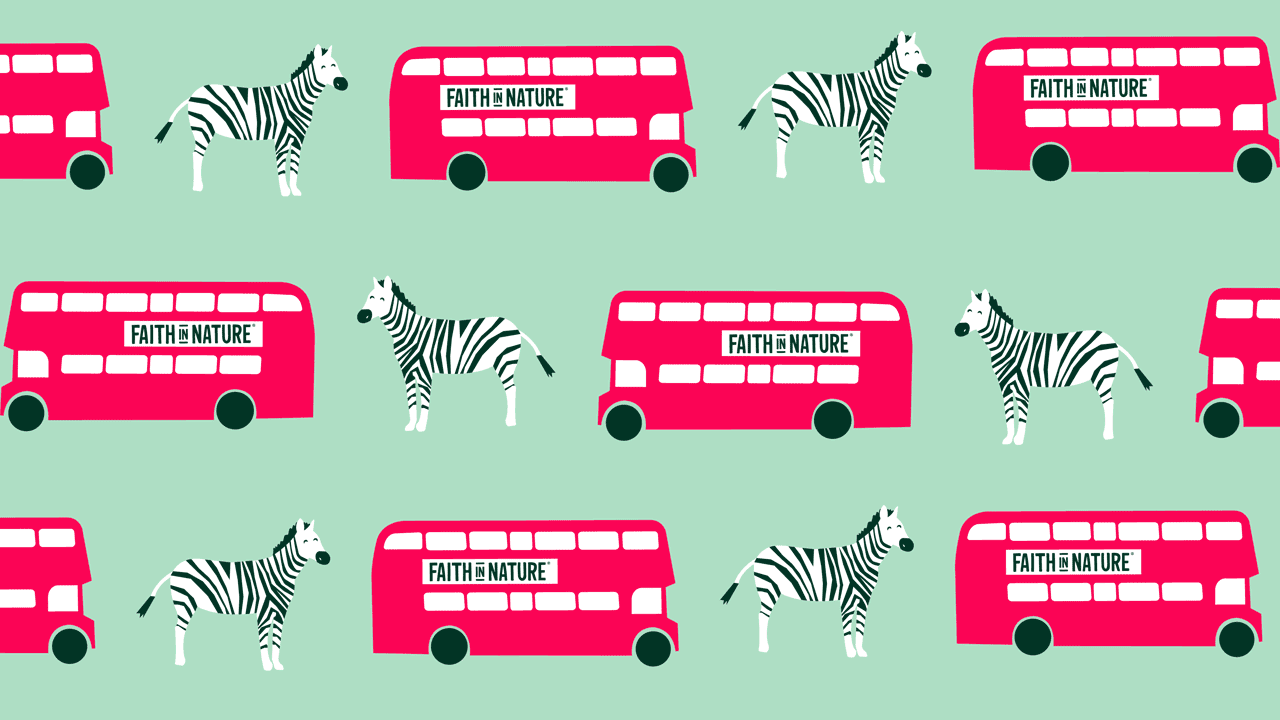
9, January 2023
How Does Going Vegan Help the Planet?
The most obvious reason for going vegan might be to save animals from suffering, but an increasing number of people are choosing to adopt the lifestyle for the sake of the planet. How exactly does going vegan help the environment, though? This Veganuary, we look at the ways in which veganism gives Nature a much-needed helping hand – and see the huge difference going vegan for just one month can make.
Saving Water

Our planet is famous for being made up of mainly water, but only a tiny amount of it is drinkable. Just 2.5% of the H20 on earth is freshwater, and almost all of it is locked into the ground or glaciers. Drinking water is scarce, and the meat and dairy industries use up enormous amounts. When you think about how much water you consume in a day, you probably count the number of glasses. But if you add up the amount of water that goes into making your food, and that you therefore indirectly consume, you could probably measure it in barrels rather than beakers. The average person on a meat and dairy diet indirectly consumes around 600 gallons of water per day more than a vegan. We did a little research on how much water one person could save by going vegan for a month. The answer? 843 bathtubs full!
Protecting Forests & Wildlife

In order to create space for farm animals to graze and for the crops they eat to be grown, precious forests and other habitats are being destroyed at an alarming rate – the equivalent of 27 football fields per minute. With nowhere to live, many wild animal species are going extinct. In 2018, it was reported that humanity had wiped out 60% of the animal kingdom since 1970, a figure which has surely risen since. But there’s hope: we figured out that going vegan for one month saves the equivalent of three London buses of forest. So, veganism helps save beautiful trees and the wild animals that live in and around them, not just the farm animals you might think of.
Reducing Carbon (and Methane) Emissions

Saving forests is not just about the animals who call them home. All that deforestation releases masses of harmful carbon dioxide (CO2) into the atmosphere, accelerating climate change. Plus trees absorb CO2, so the fewer of them we have, the more of this greenhouse gas there is in the environment. On top of all this, producing meat or dairy food creates way more carbon emissions than plant-based alternatives (not to mention the billions of gallons of methane produced by cows every day!). An Oxford University study found that veganism is the ‘single biggest way’ to reduce our impact on the environment. How much of an impact could you make by going vegan for just one month? We calculated that you’d save a whole zebra’s weight of carbon emissions.
Combatting Hunger
As Nature.com reports: “It takes 3–8 kilograms of grain to produce 1 kilogram of meat, displacing crops that could have otherwise fed humans. It takes four times more cropland to deliver the same quantities of energy and protein to humans through meat products than it does through a vegetarian diet.” If more of the plant food produced on the planet went to human beings instead of animals being reared for meat, the difference to the world hunger problem would be enormous. In short, going vegan helps not only animals, but our fellow human beings.
Saving the Seas
Sadly, discarded plastic isn’t the only threat to our oceans. It’s estimated that in the past 200 years, the ocean has absorbed up to a third of the carbon dioxide produced by humans. The result of this is that seawater has become 30% more acidic in the same amount of time. Ocean acidification weakens coral reefs and damages the shells of sea creatures, upsetting undersea food chains. What’s more, overfishing has left certain species in short supply, whilst many other animals, like turtles, whales and dolphins can get caught up in fishing nets. So aside from saving fish, going vegan can help restabilise our wonderful oceans.
It's not too late to join the Veganuary movement for 2024! Why not go vegan for the rest of the month and see how you get on? Many people find they keep their new habits going way beyond January – and Nature will definitely thank you for trying.

